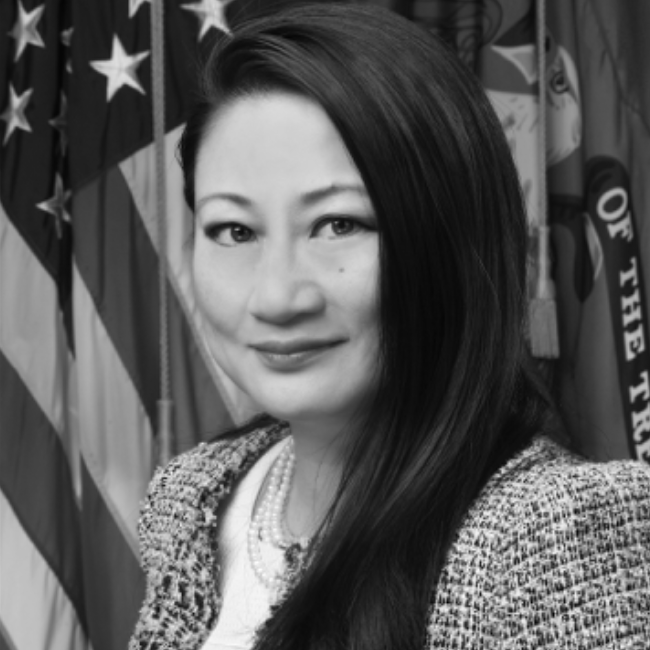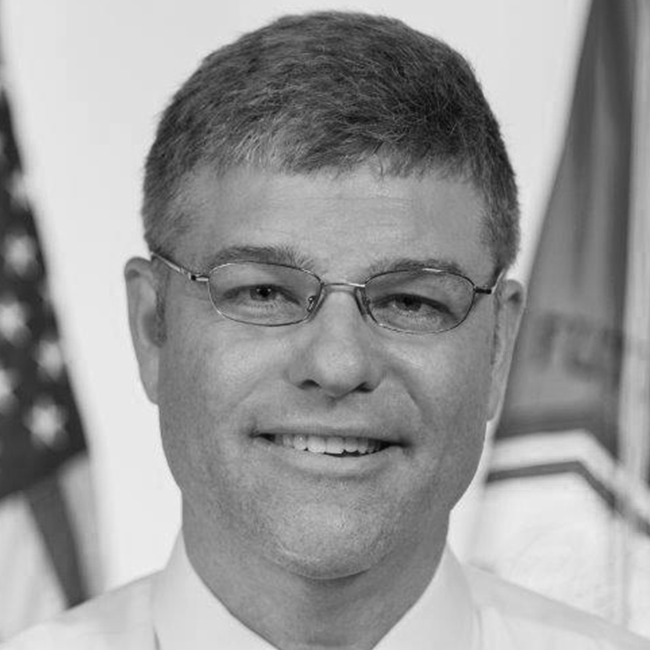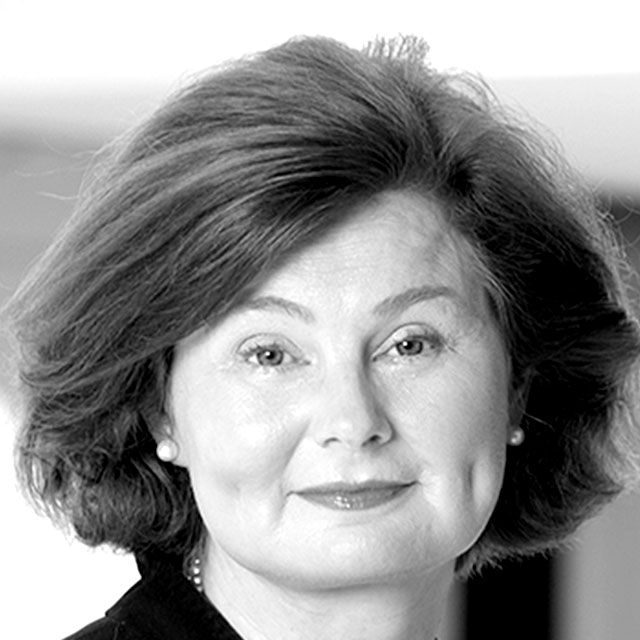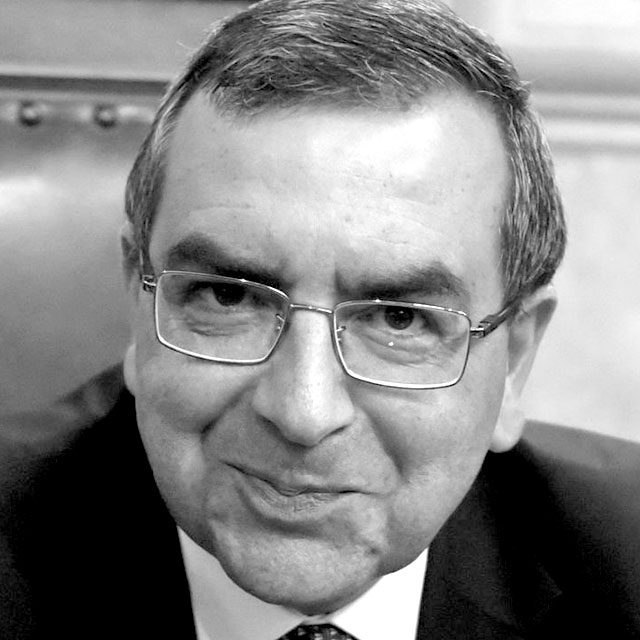From crypto assets to stablecoins – What is the appropriate policy response?
Crypto assets and newer applications around stablecoins offer huge benefits. They are scalable, reduce transaction costs, and increase speed and efficiency. At the same time, they potentially raise significant questions for policy makers both in Europe and globally. These concerns related to financial stability, regulatory and supervisory oversight, system integrity and consumer protection. Central banks are also closely watching whether there could be an impact on monetary policy. Within the EU, the European Commission has committed to propose specific legislation. This panel will discuss the possible role of crypto assets and stable coins for financial services markets and explore what might be the appropriate policy response.
Can this issue be addressed at European level or do we need a global policy approach?
How should any policy response balance possible concerns with the efficiency gains of this new technology?
Should any policy response be tailored to the underlying function and risk of particular use case of crypto assets and stablecoins? Should the rules, for example, differentiate between back-office vs customer-facing applications?
Should policy makers regulate the underlying DTL technology or the specific applications to financial services (payments, investments or others) or both?
Should central banks develop their own stablecoin applications? Are we moving to the e-euro?
What is Libra teaching us?

Siân Jones
Founder, European Digital Currency and Blockchain Technology Forum (EDCAB)
Moderator

Andris Strazds
Adviser, International Relations and Communication Department, Bank of Latvia

Tom Mutton
Director of Fintech, Bank of England

Yuko Kawai
General Manager for Europe and Chief Representative in London, Bank of Japan

Pēteris Zilgalvis
Head of Unit, Blockchain and Digital Innovation, DG CONNECT, European Commission

Sharon Yang
Deputy Assistant Secretary, U.S. Department of the Treasury

Jason A. Mahoney
Special Counsel, Office of International Affairs, U.S. Commodity Futures Trading Commission (CFTC)















